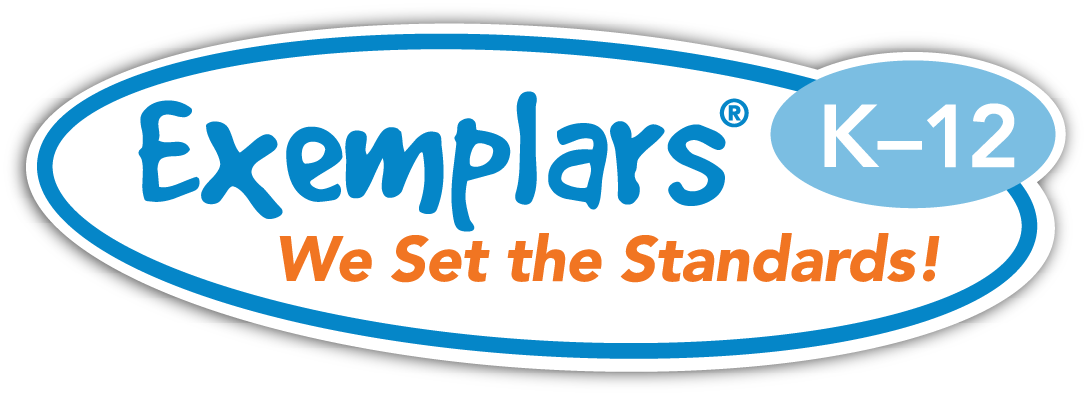Why Science Standards?
By Tracy Lavallee, 4th Grade Teacher and Exemplars Science Consultant
 In 1985, the American Association for the Advancement of Science brought a group of scientists and educators together and created AAAS-Project 2061, which asserted what basic understandings were needed to ensure a scientifically literate citizenry.
In 1985, the American Association for the Advancement of Science brought a group of scientists and educators together and created AAAS-Project 2061, which asserted what basic understandings were needed to ensure a scientifically literate citizenry.
From these understandings, the NRC (National Research Council) Science Standards were born. The NGSS (Next Generation Science Standards) then took these standards to the next level and included a more integrated, 3-dimensional approach, as well as one that focuses strongly on inquiry, mathematics, and engineering as part of that scientific literacy.
Why is this important? Why do our students need to be scientifically literate citizens? The answer is obvious. If our children understand the why and the how of science, technology, and engineering, they are better able to make informed decisions as part of a democratic society. In order for students to do this, they must regularly engage with, investigate, and explain scientific phenomena.
Science education has long taken a back seat in schools across the country. The focus on math and literacy has forced many elementary schools and teachers to consider science education as optional, and only if there was time. It is very often a hit-or-miss opportunity for our students. It hasn’t been a priority in our schools for a long time. First AAAS and NRC, and now NGSS, are trying to change that.
The standards are not a curriculum. They are a scope and sequence of what our students should know and be able to do. They include not only the what, but the how. They also integrate reading, writing, and math and so much more. They connect concepts and allow students to explore these connections more deeply. They can become the heart and soul of what and how we teach.
Schools and teachers have the ability to bring this into their classrooms and to their students. It isn’t an add-on, but rather a way to enhance and enrich your students’ learning in new and significant ways. Science is all around us. It is a part of our everyday lives. Students are naturally curious and want to understand how the world works.
More than 20 years ago, Exemplars, a well-known name in math performance tasks, believed that science should be brought off the back burner. It started Exemplars Science, which was aligned to the NRC. Exemplars developed performance tasks to help teachers implement and assess these science standards. Over the years, the number of tasks has grown to include all strands of science as well as engineering. Like Exemplars Math, these tasks are teacher-developed and student-tested.
Exemplars recently edited and aligned its performance tasks with the NGSS as a way to help teachers navigate these new and perhaps unfamiliar standards.
Why science standards? Because, now more than ever, we need scientifically literate students. And because now you have Exemplars Science to help you bring these standards to life in your classroom and to inspire our future generation of citizens.

